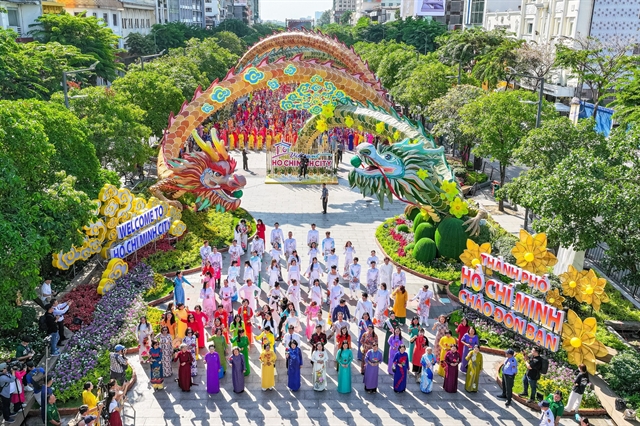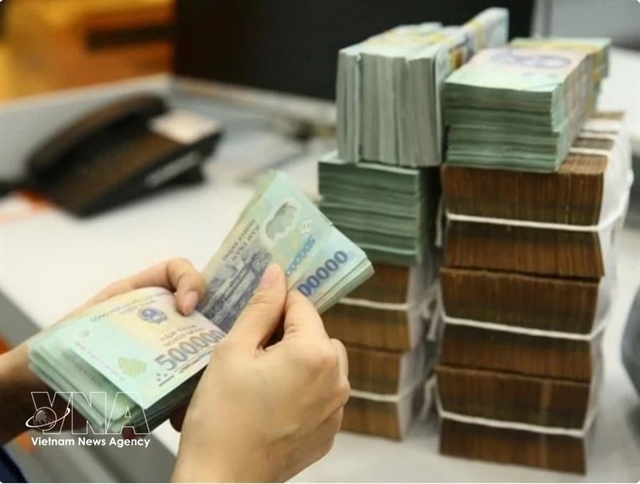 Society
Society
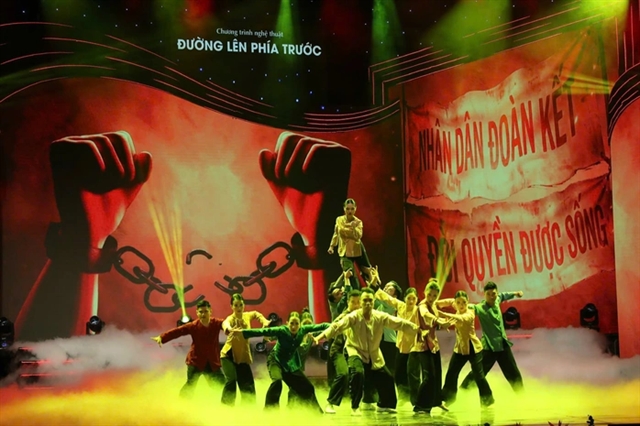
By Lê Hương
Journalist Đào Tùng (1925–1990) made significant contributions to the development of the Vietnam News Agency (VNA) and the nation’s press.
Serving as Editor-in-Chief and later General Director of VNA for 25 years — from May 1966 to September 1990, the longest tenure in the agency’s history — he was widely known as a visionary leader with an unwavering passion for journalism.
Born Đỗ Trung Thành in the northern province of Bắc Giang, he remains a respected figure among generations of Vietnamese journalists long after his passing.
He held numerous important positions, including: member of the Central Committee of the Vietnam Fatherland Front; National Assembly delegate and Deputy Chairman of the National Assembly’s Committee on Foreign Affairs during the 8th term; Editor-in-Chief and General Director of VNA; Vice Chairman and General Secretary of the Vietnam Journalists Association; and Vice Chairman of the International Organisation of Journalists.
A quick-thinking leader with strategic foresight, he treated colleagues at all levels with warmth, sincerity and generosity.
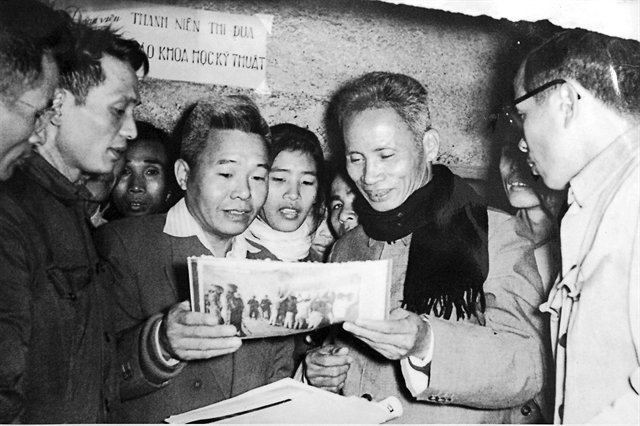 |
| VNA's Editor-in-Chief Đào Tùng (second left) and PM Phạm Văn Đồng (second right) at a VNA event in 1969. VNA/VNS File Photo |
A soldier and a journalist
“Many people, past and present, have referred to Đào Tùng as a ‘journalist-warrior’, meaning he endured numerous hardships — from the resistance war against the French and the war against the Americans to the period of national reconstruction and socialist development. These were some of the most challenging times in Việt Nam’s revolutionary history, yet Đào Tùng remained a constant presence in our journalism,” recalled former VNA General Director Lê Quốc Trung in an interview with Việt Nam News.
On every battlefield, every front and every major campaign — whether the destructive war in the North or the direct conflict in the South — reporters from VNA were always present. Achieving such comprehensive coverage required decisive leadership both from Hà Nội and the Liberation News Agency.
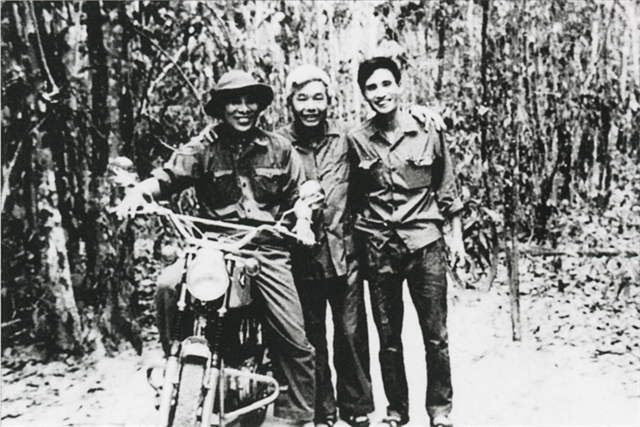 |
| VNA's Editor-in-Chief Đào Tùng (centre) with two colleagues on their way south in April 1975. VNA/VNS File Photo |
Among those leaders, Tùng, who later became Editor-in-Chief and then General Director of VNA, played a particularly pivotal role.
Trần Mai Hưởng, also a former VNA General Director, remembered: “The 1975 campaign was massive in scale, with military units advancing from the North to the South. This required new, flexible approaches to both planning and operations.”
“One of the most crucial decisions was made by Đào Tùng and the agency’s leadership after the liberation of Huế and Đà Nẵng,” Hưởng noted. “They formed a front line reporting team to accompany the eastern military columns as they moved into Sài Gòn. It was an incredibly timely and effective move, allowing our journalists to document the liberation in real time.”
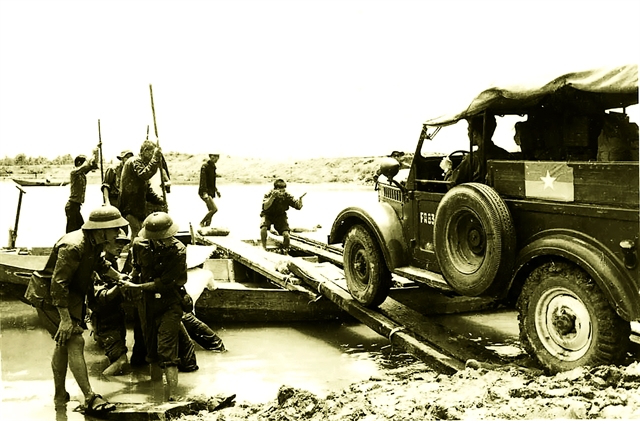 |
| VNA's Editor-in-Chief Đào Tùng (left) works with a team of journalists to bring their car across a river on their way to the South in April 1975. VNA/VNS File Photo |
This front line team included military and civilian journalists, VNA reporters, photographers, writers, drivers and telegraph operators, and were equipped with nearly everything needed to operate alongside the military.
They were among the first to reach the Independence Palace, capturing historic images and news during that decisive moment.
“It was a brilliant and highly effective decision,” Hưởng said.
Hưởng also recalled the tense days of late 1972, when the Americans bombed the North. He witnessed Tùng directing the agency’s operations during that difficult time. “I helped him by collecting materials, processing information and doing night shifts,” he said.
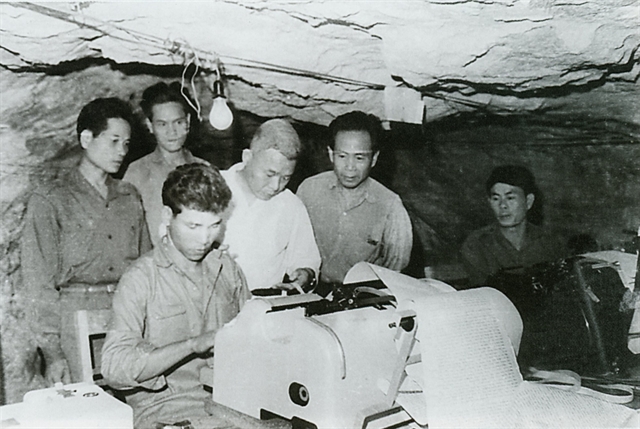 |
| Editor-in-Chief Đào Tùng (third right) works in a Khaosan Pathet Lao news agency bomb shelter in Laos during the American war. VNA/VNS File Photo |
“News bulletins were often edited late into the night. When air raid alarms went off, we’d all rush into underground shelters, leadership and staff alike. Once the danger passed, we’d return to our desks and keep working.”
He vividly remembers Tùng riding his motorbike to the office, wearing a steel helmet.
According to Hưởng, Tùng truly had fire in him — a real 'journalist-warrior' during one of the most defining moments of our history.
A leader with vision
General Director Tùng left behind a remarkable legacy at VNA, including flagship publications such as Thể Thao & Văn Hóa (Culture & Sports) and Tin Tức & Dân Tộc (News & Ethnic Minority People).
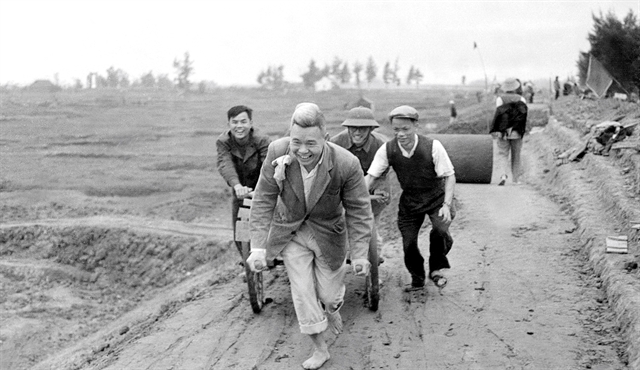 |
| VNA's Editor-in-Chief Đào Tùng works at an irrigation site in Hải Hưng Province in 1971. VNA/VNS File Photo |
In the early 1980s, VNA’s primary role was to provide a source of political and social information to other media outlets. Yet, under Đào Tùng’s leadership, the agency boldly expanded into thematic publications — Espana 82 in July 1982, Thể Thao & Văn Hóa in August 1982 and Tuần Tin Tức (News Weekly) in May 1983.
“Tuần Tin Tức was one of the first newspapers in Việt Nam to courageously expose corruption and social issues,” Trung said. “Each issue sold out quickly. People even made photocopies to share.”
Tùng also played a vital role in strengthening the Việt Nam Journalists’ Association.
“He travelled extensively, forging global connections that significantly elevated Việt Nam’s profile in the Organisation of International Journalists and among other international journalist communities,” Trung said.
Many of his ideas were ahead of their time.
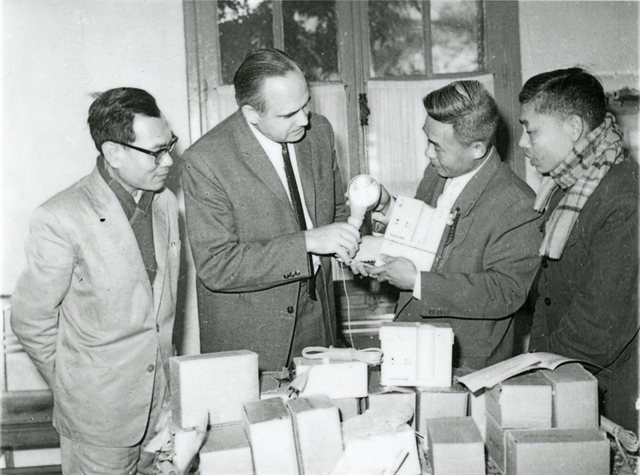 |
| Editor-in-Chief Đào Tùng receives presents from ADN news agency on a visit to Germany in 1966. VNA/VNS File Photo |
“Back then, when he mentioned concepts like informatics, modernising the media sector or adopting new forms of communication, we thought it was too early,” Hưởng remembered. “But later, we saw he was absolutely right.”
That forward-thinking mindset helped guide the agency's shift toward modernisation.
“Thanks to his vision, VNA became an information agency equipped with state-of-the-art tools for its time. We were well prepared to embrace the future,” Hưởng said.
A warm heart
Tùng is remembered not only as a strong leader, but also as a kind and caring one.
“His affection for colleagues and friends was truly sincere,” Trung said. “No matter someone’s rank — superior or subordinate — he was always approachable, warm and open.”
Hưởng recalled that Tùng often asked about employees’ personal lives and looked for ways to support them.
“When I was assigned to Cambodia in late 1978, he helped relocate my wife’s job closer to our home so she could better care for our children,” Hưởng said.
More importantly, Tùng cared deeply about staff development.
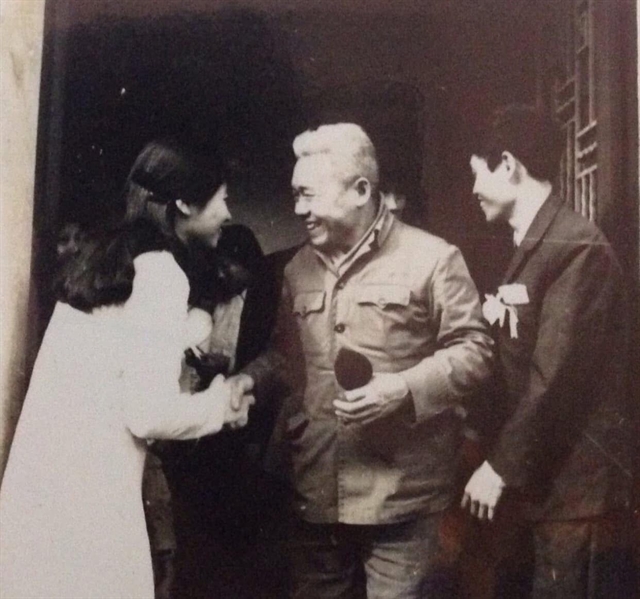 |
| Editor-in-Chief Đào Tùng (centre) attends journalist Trần Mai Hưởng's (right) wedding in March 1976. Photo courtesy of Trần Mai Hưởng |
“He told us that during wartime, we must work hard — but also continue learning so that, in peacetime, we’d be ready to grow and succeed,” Hưởng remembered. “He especially urged journalists to study foreign languages to broaden their horizons and deepen their understanding.”
Inspired by this advice, Hưởng said he followed through: “I made a serious effort to keep studying and improving, so I could grow in my career and meet the demands of the job when the time came.”
With such admirable qualities, General Director Đào Tùng continues to be remembered even more than 30 years after his passing.
He remains a shining example of a revolutionary journalist who made significant contributions to the development of Việt Nam's revolutionary press. VNS

